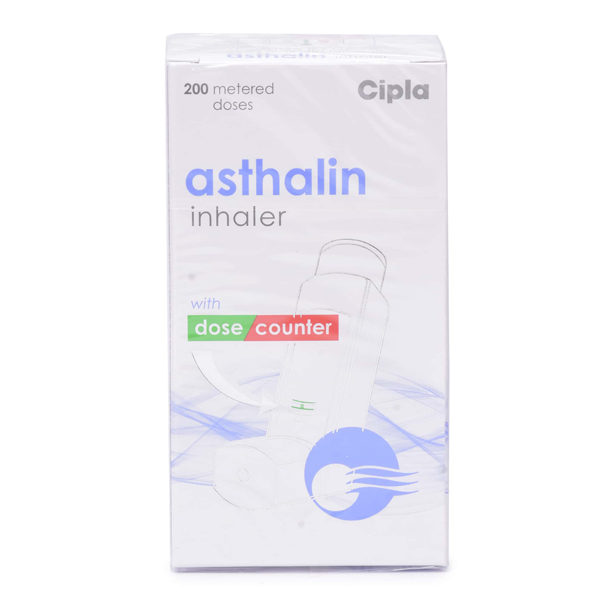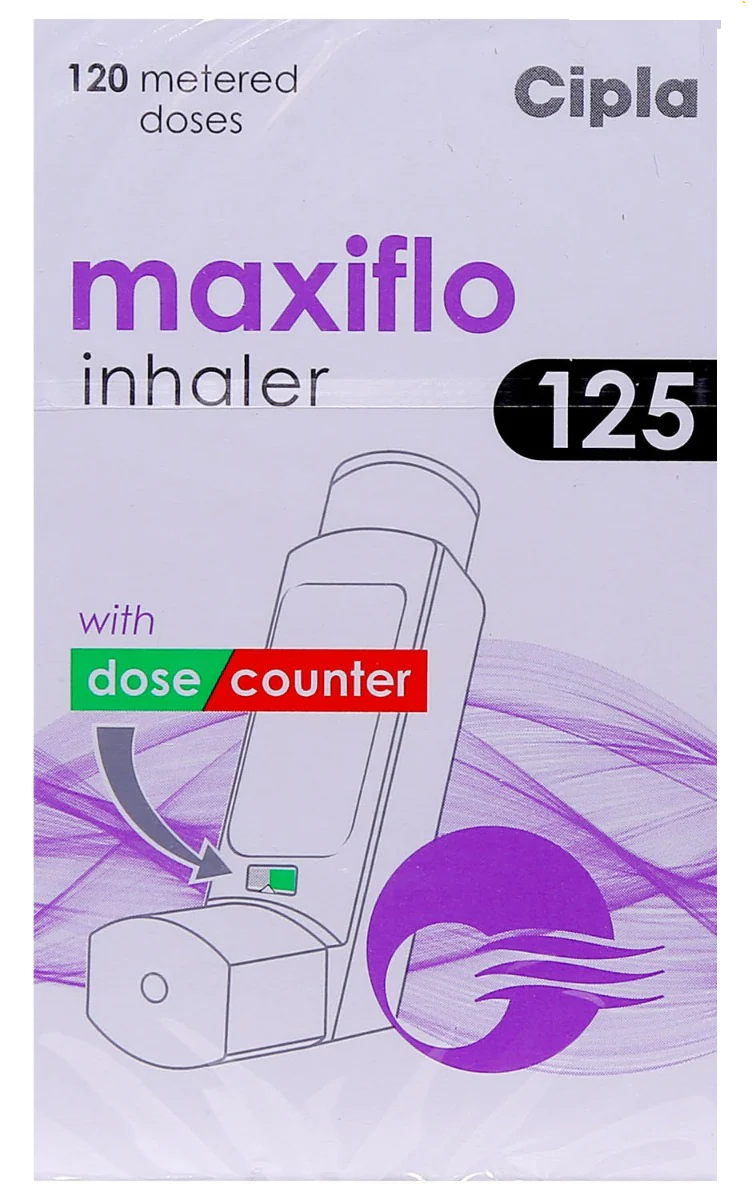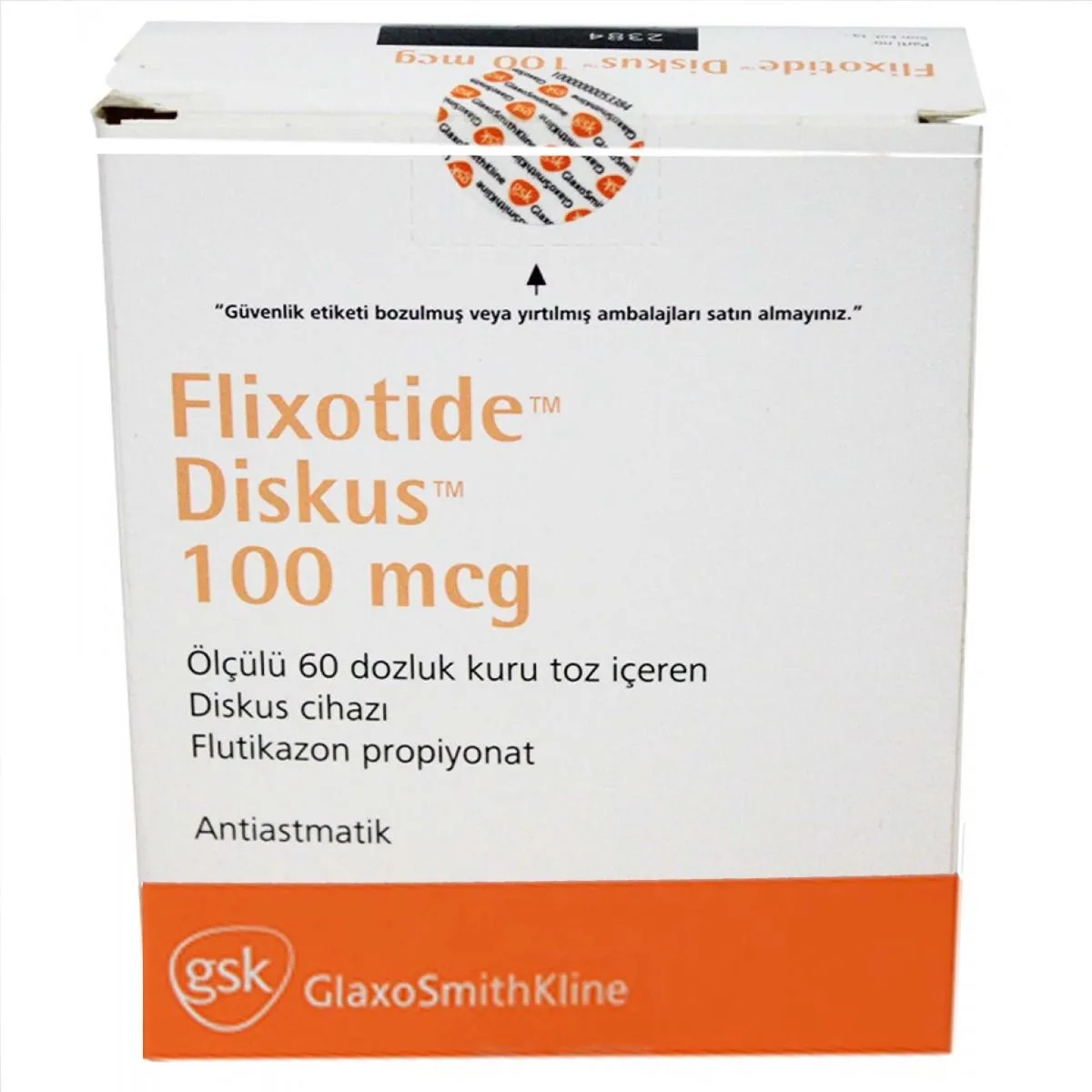Introduction
In today's fast-paced world, managing respiratory conditions can be a challenge. Thankfully, advancements in medical science have led to the development of innovative solutions, and one such remarkable solution is the Duova Inhaler. This comprehensive guide is your go-to resource for understanding the unique benefits, applications, and features of the Duova Inhaler. As your trusted source of information, we're here to ensure you have all the insights you need to make informed decisions about your respiratory health.
Understanding the Duova Inhaler
What is the Duova Inhaler?
The Duova Inhaler is a cutting-edge medical device designed to address respiratory issues effectively. It combines two powerful bronchodilators—Formoterol and Ipratropium—into a single inhaler, offering a dual-action approach to managing conditions such as asthma and chronic obstructive pulmonary disease (COPD). This unique combination sets the Duova Inhaler apart from traditional inhalers and provides enhanced relief for individuals battling respiratory challenges.
The Key Benefits
1. Dual-Action Relief
One of the standout features of the Duova Inhaler is its dual-action mechanism. Formoterol works by relaxing the airway muscles, allowing for improved airflow, while Ipratropium reduces mucus production, aiding in smoother breathing. This synergistic action provides comprehensive relief, making the Duova Inhaler an exceptional choice for those seeking more effective management of their respiratory symptoms.
2. Improved Symptom Control
Managing respiratory conditions often requires a combination of medications. The Duova Inhaler simplifies this process by offering two essential medications in a single device. This streamlined approach not only enhances convenience but also ensures better adherence to treatment plans, leading to improved symptom control and overall quality of life.
3. Long-Lasting Effect
The extended duration of action is another advantage of the Duova Inhaler. Formoterol, known for its long-acting effects, ensures sustained relief for up to 12 hours. This means fewer doses throughout the day, enabling individuals to focus on their daily activities without the constant interruption of medication schedules.
Applications of the Duova Inhaler
1. Asthma Management
For individuals living with asthma, the Duova Inhaler offers a game-changing approach to symptom control. Its dual bronchodilator action provides rapid relief during acute episodes and maintains stable lung function over the long term. This not only reduces the frequency of asthma attacks but also minimizes the need for rescue inhalers, empowering individuals to lead an active and unhindered lifestyle.
2. COPD Treatment
Chronic obstructive pulmonary disease (COPD) requires meticulous management to prevent exacerbations and maintain lung function. The Duova Inhaler's combination of bronchodilators offers a comprehensive solution by relaxing airway muscles and decreasing mucus production. This effectively reduces breathlessness, improves exercise tolerance, and enhances the overall quality of life for those battling COPD.
How to Use the Duova Inhaler
Using the Duova Inhaler is straightforward, but proper technique is essential for optimal results. Follow these steps for effective administration:
Preparation: Hold the inhaler upright and remove the cap. Check for any foreign objects or debris.
Shake: Shake the inhaler well to ensure an even distribution of medication.
Breathe Out: Exhale gently to create space in your lungs for the medication.
Inhale: Place the mouthpiece between your teeth and close your lips around it. Start inhaling slowly and deeply while simultaneously pressing down on the canister to release the medication.
Hold Breath: After inhaling, hold your breath for a few seconds to allow the medication to reach deep into your airways.
Exhale: Exhale slowly and steadily.
Clean and Store: Replace the cap, and if required, wipe the mouthpiece with a clean, dry cloth. Store the inhaler in a cool, dry place.
The Balance of Benefits and Risks
As a dual-action bronchodilator inhaler, the Duova Inhaler is designed to provide effective relief for individuals battling respiratory challenges. While its benefits are significant, it's essential to acknowledge that all medications, including inhalers, may come with the potential for side effects. It's important to remember that not everyone will experience these side effects, and many individuals tolerate the medication well.
Common Side Effects
1. Dry Mouth
Dry mouth is a common side effect associated with the use of the Duova Inhaler. This occurs due to the anticholinergic properties of Ipratropium, which can reduce saliva production. Staying hydrated and practicing good oral hygiene can help alleviate this discomfort.
2. Headache
Some individuals may experience mild headaches after using the Duova Inhaler. These headaches are generally transient and can often be managed with over-the-counter pain relievers if needed.
3. Tremors or Shaking Hands
Formoterol, one of the active components in the Duova Inhaler, can lead to mild tremors or shaking of the hands. These effects are usually temporary and tend to diminish over time.
4. Nervousness or Restlessness
In some cases, the stimulation of the sympathetic nervous system by bronchodilators like Formoterol can lead to feelings of nervousness or restlessness. These sensations are typically mild and tend to subside with continued use.
Rare but Serious Side Effects
While rare, some individuals may experience more severe side effects that warrant immediate medical attention. These include:
1. Increased Heart Rate
Formoterol, being a beta-2 adrenergic agonist, can occasionally lead to an increased heart rate. If you notice a rapid or irregular heartbeat, chest pain, or severe dizziness, seek medical help promptly.
2. Difficulty Breathing
While the Duova Inhaler is intended to improve breathing, in rare instances, it can paradoxically cause breathing difficulties. If you experience sudden shortness of breath, wheezing, or worsening of respiratory symptoms, seek medical assistance without delay.
3. Allergic Reactions
Allergic reactions to medications are uncommon but can occur. If you notice swelling of the face, lips, tongue, or throat, along with rash, itching, or difficulty swallowing after using the Duova Inhaler, seek emergency medical care.
Minimizing Risks and Maximizing Benefits
To minimize the potential for side effects and ensure you experience the full benefits of the Duova Inhaler:
- Follow Instructions: Use the inhaler exactly as prescribed by your healthcare provider.
- Stay Hydrated: Drinking water can help alleviate dry mouth.
- Monitor Symptoms: Keep track of any changes in your symptoms and report them to your doctor.
- Regular Check-ups: Attend scheduled appointments to monitor your progress and address any concerns.
Frequently Asked Question
1. What is the Duova Inhaler, and How Does It Work?
The Duova Inhaler is a dual-action bronchodilator inhaler that combines two powerful medications—Formoterol and Ipratropium—into a single device. Formoterol works by relaxing airway muscles, allowing for improved airflow, while Ipratropium reduces mucus production, aiding in smoother breathing. This synergistic action provides comprehensive relief for conditions like asthma and chronic obstructive pulmonary disease (COPD).
2. Who Can Benefit from Using the Duova Inhaler?
Individuals diagnosed with asthma or COPD can benefit significantly from the Duova Inhaler. Its dual-action mechanism offers rapid relief during acute episodes and maintains stable lung function over the long term. This makes it an excellent choice for those seeking enhanced symptom control and improved quality of life.
3. How Do I Use the Duova Inhaler?
Using the Duova Inhaler effectively requires proper technique. Here's a step-by-step guide:
- Preparation: Hold the inhaler upright and remove the cap.
- Shake: Shake the inhaler well to ensure even medication distribution.
- Breathe Out: Exhale gently to create space in your lungs.
- Inhale: Place the mouthpiece between your teeth, inhale while pressing the canister, and hold your breath for a few seconds.
- Exhale: Exhale slowly and replace the cap.
4. What Are the Common Side Effects of the Duova Inhaler?
Common side effects of the Duova Inhaler may include dry mouth, mild headaches, tremors or shaking hands, and feelings of nervousness. These side effects are often transient and tend to diminish with continued use.
5. Are There Any Serious Side Effects to Watch Out For?
While rare, some serious side effects include increased heart rate, breathing difficulties, and allergic reactions. Seek medical attention if you experience any of these symptoms.
6. Can I Use the Duova Inhaler Alongside Other Medications?
It's essential to inform your healthcare provider about all medications you're taking, including over-the-counter drugs and supplements. Your doctor can determine whether the Duova Inhaler is suitable for you and provide guidance on potential interactions.
7. Is the Duova Inhaler Safe for Long-Term Use?
The safety of using the Duova Inhaler for an extended period is determined by your healthcare provider. They will assess your medical history, current health status, and treatment goals to make an informed recommendation.
8. How Quickly Does the Duova Inhaler Provide Relief?
The Duova Inhaler's dual-action mechanism allows for rapid relief during acute episodes. Formoterol's effects are felt within minutes, providing swift alleviation of symptoms.
9. Can I Travel with the Duova Inhaler?
Yes, the Duova Inhaler is designed for convenience and portability. It's advisable to keep it with you while traveling to ensure you have access to your medication whenever needed.
10. Where Can I Find More Information About the Duova Inhaler?
For more detailed information and guidance, consult your healthcare provider. They can address any specific concerns you may have about the Duova Inhaler and its suitability for your individual needs.
Conclusion
As with any medication, the Duova Inhaler offers both benefits and potential side effects. While most individuals tolerate the inhaler well, it's essential to be aware of the possible risks. By understanding the common and rare side effects, you can make informed decisions about your respiratory health. Remember that your healthcare provider is your best resource for guidance and support, so don't hesitate to discuss any questions or concerns you may have.
Empower yourself with knowledge, and take charge of your respiratory well-being with the Duova Inhaler. Striking the right balance between symptom relief and potential side effects ensures you're on the path to better health.







.webp)

